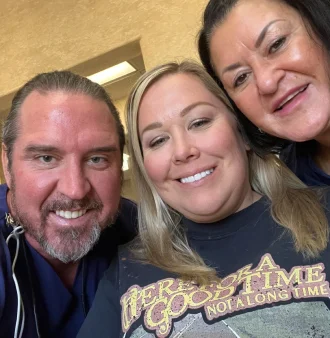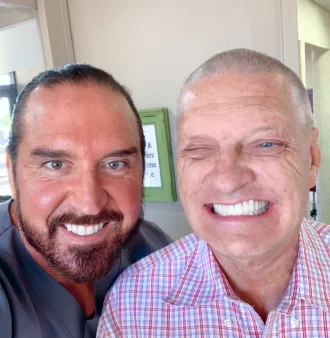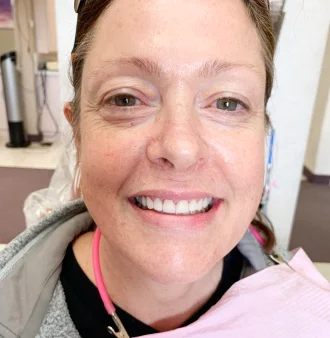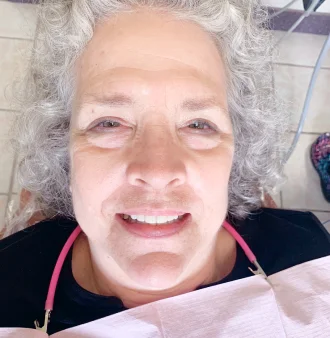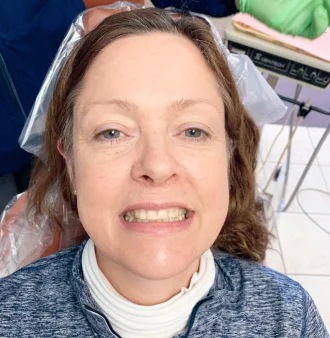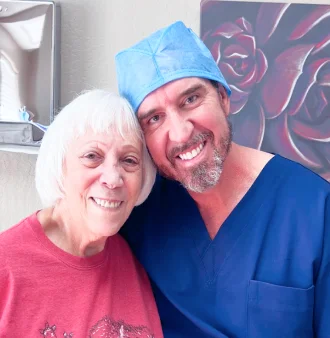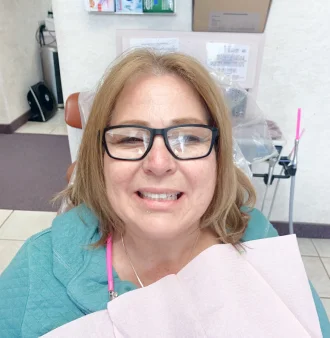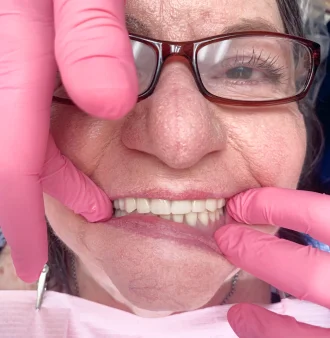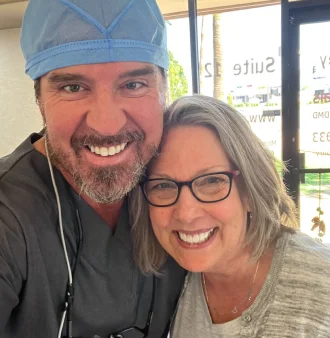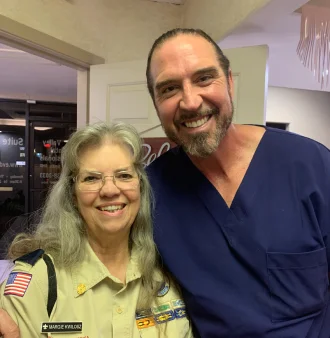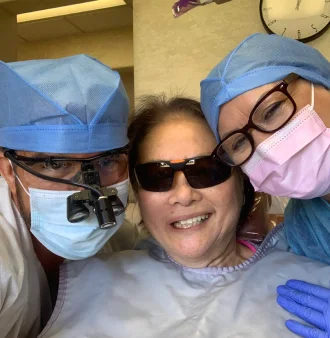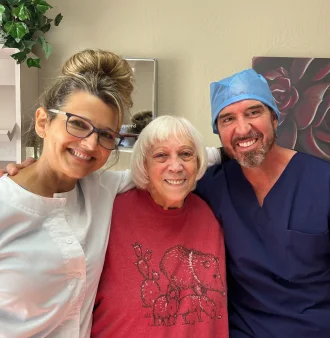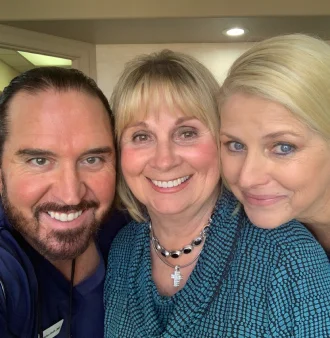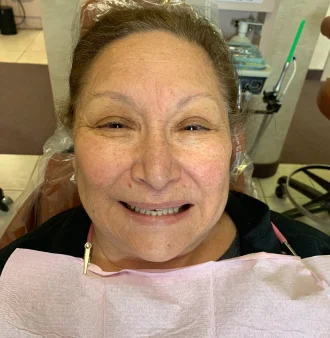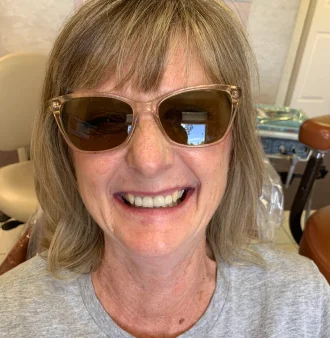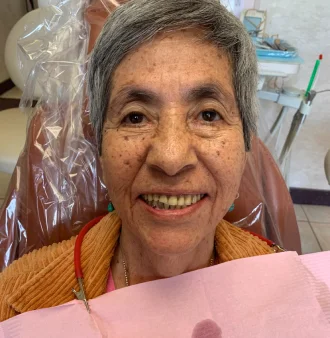Dentures
Have you ever considered how life-changing it can be to replace missing teeth effectively? Dentures, often recognized as false teeth, offer a reliable and accessible solution for those who have lost one or several teeth. Whether due to aging, disease, or accident, the absence of teeth can significantly impact daily activities such as eating and speaking, as well as diminish self-confidence.
Benefits
- Restores Functionality: Dentures enable proper chewing and eating, which helps in digestion and overall health.
- Improves Speech: By replacing missing teeth, dentures can help improve speech that may have been affected by gaps.
- Aesthetic Enhancement: Dentures are designed to closely resemble natural teeth, enhancing the appearance and restoring a full smile.
- Cost-Effective: Compared to other dental restoration options like implants, dentures are generally more affordable.
- Prevents Facial Sagging: Dentures support the facial structure and prevent the facial muscles from sagging, which can occur with tooth loss.
- Adaptability: They can be easily modified if additional teeth are lost or if adjustments are needed over time.
What people say
about Us
I've been a patient for fifteen years and I couldn't imagine going elsewhere. Everyone is professional, kind and the best of the best! I've had most every oral procedure and each has been flawless.
They are always friendly, attentive, have quick service and respond quickly to questions.
EVDP is amazing, the patient care is top notch and they do beautiful work! I felt so taken care of as patient and strongly recommend their services!
The visit was great I hope I can come up with the money some he can fix my mouth for me. At 53 have never had a kinder Dr. in my mouth. Wish I had insurance so he could do my work today.
Everyone was helpful and kind. I appreciate the introductions of who people were. My stay was pleasant and I'm hopeful my tooth problem is resolved.
What Are Dentures and Are They Right For You?
Dentures, commonly known as false teeth, are a custom-made replacement for missing teeth and gums. For patients who are missing teeth, whether it be one tooth or all of them, dentures serve as a viable, affordable replacement option.
How Do Dentures Measure Up Against Other Popular Alternatives?
Dentures are an effective option for replacing lost teeth but there are also other methods patients may choose to replace missing teeth such as dental implants and bridges.
The benefits of dentures compared to implants and dental bridges are flexibility, cost and a less invasive procedure. On average, dentures are a much more affordable option than implants and can be less expensive than dental bridges. The actual cost of each procedure will depend on if there are any existing health issues that need to be addressed and the type of tooth replacement needed, i.e. partial bridge, multiple implants, etc.
Dentures are also a great option for patients who do not want to undergo surgery, which is required for dental implants. Your dentures can be prepped and fitted in as few as two dentist visits.
Your overall oral health may be a determining factor when deciding which option is best for you. Dental implants require strong bone density because a prosthetic base is screwed into your jawbone. If your bone is not healthy, an implant may not stay in place. Dentures can restore your smile without surgery or a prosthetic base.
Types of Dentures
Depending on the number of missing teeth, there are two primary types of dentures: partial dentures and full dentures. They differ in the number of teeth they replace, as well as their design.
Partial Dentures: For a patient who cannot obtain dental implants, partial dentures can effectively replace consecutive missing teeth. A removable partial denture usually contains a metal framework that anchors with clasps or gaskets to the remaining permanent teeth. Where teeth are missing, replacement teeth stick to the framework, which is gum-colored.
Full Dentures: Full dentures, also known as complete dentures, can replace all of the teeth in the upper or lower jaw, or both. Instead of a framework that attaches to natural teeth, a full set of dentures consists of an acrylic band that rests on your gum tissues and extends all the way around your mouth, with replacement teeth appearing where your natural ones previously were.
Full dentures can be conventional or immediate. Conventional dentures are utilized after the missing teeth and gums have healed, usually 8 to 12 weeks after tooth loss or removal. Immediate dentures are exactly what they sound like, dentures that are made and installed immediately after tooth loss or removal. Immediate dentures are appealing because the patient does not have to go weeks without replacement teeth.
What’s the Process Like?
The timing of the procedure will depend on what type of dentures you choose. If you select conventional dentures, the place where the dentures will go has to be vacant for several months—either because they fell out naturally or because your dental professional removed them. Your gum tissue has to heal before the procedure and allows for a more accurate impression of your ridge, which results in a better fit. Once your dentist has the impression, the process for creating your dentures will begin.
More commonly, however, we will begin the process immediately, as most of our patients do not want to spend significant amounts of time without replacement teeth. We may begin by removing damaged teeth if necessary. Then, we will take accurate molds of your mouth. The molds are then used to create custom dentures, designed to fit your mouth comfortably and match your existing teeth if needed. We will take our time to ensure that your new dentures fit exactly as they should. Dentures can take some time to adjust to, but a perfect fit is critical for your dental health and comfort.
Are They Painful?
The only painful aspect about the process is the removal of any faulty teeth, which may or may not be necessary. If your teeth have already fallen out or have been removed, then the entire process should be painless.
How to Care for Your Dentures
Maintaining proper oral health is always important, and is especially true when you have dentures. Here are a few common steps that a patient with dentures will take to ensure that their dentures and mouth remain in good health.
- Rinse overnight: Every night while you are sleeping, you should soak your dentures and rinse them before putting them back in your mouth.
- Clean after every meal: After you eat, you should remove and clean your dentures, as well as your mouth. When you clean them, use a soft toothbrush with warm water. Never use toothpaste or hot water, as both can do significant damage to the structure and surface of the dentures.
- Use denture cleanser: To ensure that harmful microorganisms don’t grow, use a denture cleanser. This will not only protect your oral health, but your overall health as well.
Are Dentures Right for You?
If you are looking to replace multiple teeth, dentures are a great option. They are affordable, flexible and can restore your smile and mouth without zeroing out your bank account. Since dentures are not permanent, you can easily change your mind if you do not like the way they look.
Our team of qualified, experienced dental professionals at EVDP can help you decide if dentures are the best option for you. Schedule a consultation today!
Your Smile's Happy Place! Come visit us and see why
Fun atmosphere, friendly staff, and zero dentist nightmares

